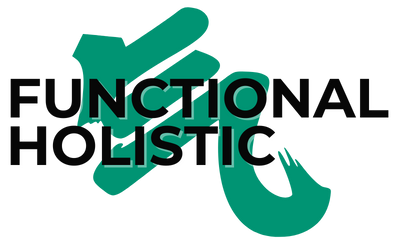Building Muscle Without Gaining Fat: Optimal Caloric Intake

Are you eager to begin building muscle without gaining fat but unsure of how to fuel your body for optimal growth? Look no further. In this comprehensive guide, we’ll explore how to determine the right caloric intake for muscle gain, ensuring steady progress without unnecessary fat gain. Let’s dive in.
As a certified Acupuncturist (R.Ac.) and Traditional Chinese Medicine Practitioner (R.TCM.P.), I specialize in helping clients optimize their physical performance and recovery. My own strength training journey has underscored the importance of proper nutrition in muscle development. Combining evidence-based strategies with holistic health principles, I guide individuals in achieving their muscle-building goals while maintaining long-term health and balance.
How Many Calories You Should Eat for Muscle Gain
To kickstart your muscle-building journey, you need to establish your baseline caloric intake. Start by taking your body weight in pounds and multiplying it by 16.5. For example, if you weigh 200 lbs, your daily calorie target would be 3,300 calories.
This approach typically results in an average gain of 0.25% to 0.5% of your total body weight per week. Gaining less than this suggests you’re eating at maintenance, while gaining more may lead to excessive fat gain.
Monitoring Your Progress
Everyone’s body responds differently to calorie intake, so it’s essential to monitor your progress closely. If you find yourself gaining weight too rapidly, consider reducing your calorie intake by around 200 calories per day. Conversely, if you’re not gaining weight or doing so too slowly, bump up your calorie intake by about 200 calories.
Fine-Tuning Your Approach
To accommodate individual differences in lifestyle and energy expenditure, adjust your calorie intake as needed. You can repeat this process every week or two to ensure you’re staying on track.
Alternatively, if you already know your maintenance calories, you can simply add 250 to 500 calories to that amount to start your muscle gain diet. Then, use the same monitoring system to keep you on track over the 10 to 12 weeks of your muscle-building phase.
Understanding Caloric Expenditure
Just as with fat loss, managing calorie expenditure is crucial for muscle gain. By consuming slightly more calories than your body burns, you create an environment conducive to muscle growth. This surplus should be moderate to avoid excessive fat gain while still supporting muscle development.
Trust the Methodical Approach
Building muscle without gaining fat requires a strategic approach to caloric intake. By calculating your baseline calorie needs, monitoring your progress, and adjusting as necessary, you can achieve steady muscle gain without compromising your physique. Embrace this methodical approach, and watch your strength and muscle mass soar.






